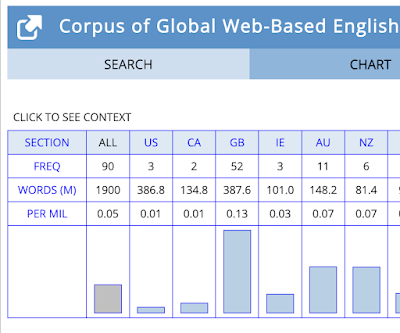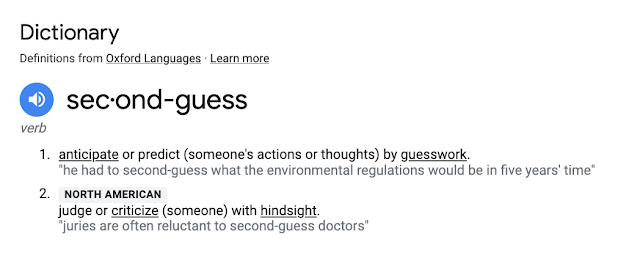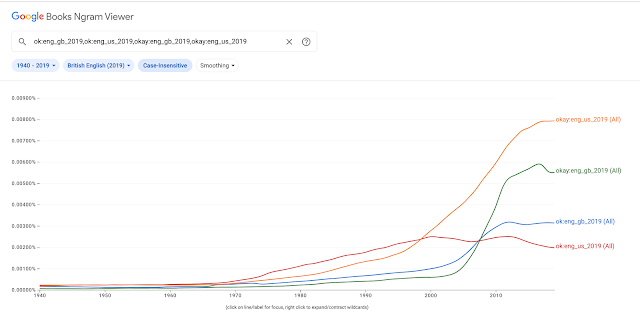These days, graduation presents mostly come in envelopes. My first stop on this US trip was at the bank, to get some crisp (AmE) bills/(BrE) banknotes to slip into cards for the two nephews as well my niece, who has a freshly minted BSc in Economics. (If you've read The Prodigal Tongue, you've met her before. She was the niece who had things to say about British bacon.)
High school graduation parties are generally not held in England—partly because there one does not graduate from high school. Graduation is only for those who get a degree from a university. But even when people graduate with a degree, family parties like this are not common. Generally, Americans do a lot more of this kind of party-throwing and gift-giving to mark life transitions (and help out a bit). See the earlier post about showers.
Meanwhile, my 16-year-old (aka Grover) has recently finished secondary school in England. (Her secondary school, as it happens and unusually for England, has high school in its name.) Before school finished, she took 27 exams over 6 weeks in 9 subjects—this is what's known as the GCSEs (General Certificate[s] of Secondary Education). (NB: Many of the educational issues that come up here have been described in previous blog posts—rather than clicking on each link here, you might want to save your efforts for the 'related posts' links below.) Grover won't know her results in those exams till late August, when she'll be able to enrol(l) in the sixth-form college that's accepted her. (Though she's accepted to the college, she won't know until she has her exam results whether she's met the prerequisites for the A-level subjects she's chosen.)
Her status has been difficult to explain to her American family. Sixth-form college is not what Americans think of as college, which would be called university in BrE. In England, sixth-form (and many other diverse things!) counts as further education—after secondary school, but not degree-level study. In an effort to translate her status, she's started telling Americans that she's graduated. Her reasoning for this is that (a) they had a little ceremony in an assembly on their last day of school, (b) she's going to something called college, and (c) she's had a prom (an imitation of the American tradition for these younger students). But since she doesn't even know whether she's passed her exams,* it can't really be counted as "graduating", can it? I have suggested to her that she may be misrepresenting her situation. She doesn't mind. It might yet pay off...
What she is, in Britain, is a school leaver. Instead of getting a mortar board and gown, she got a (orig. BrE) hoodie. (Pic here from an Etsy shop. Grover's hoodie is back in Brighton.)
*Oh, I'm sure she's passed. Whether she's got the prerequisite grades is another matter, so it's all a bit stressful.
So, I want to say: Congratulations to our BA English Language and Linguistics and BA English Language and Literature graduates of 2024! Here's the outfit you didn't get to see me wear.
Related posts:
Types of schools and school years
(the one that's linked-to a LOT above!)







































